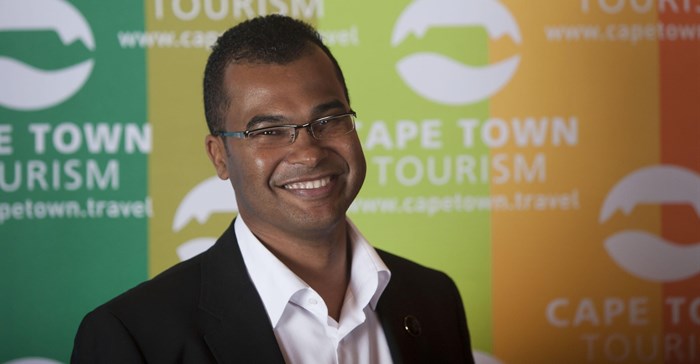
Top stories






More news


Marketing & Media
Ads are coming to AI. Does that really have to be such a bad thing?














Mobile technology and big data analytics are allowing travel companies to suggest interesting things for visitors to do, personalised according to their preferences. So a local destination can make suggestions about particular points of interest that appeal to individuals. This level of detail will grow over 2016, exposing more tourists to more attractions and increasing booking conversions.
Mobile travel sales reached $96 billion in 2014 (globally), accounting for 12.5% of global online travel sales. Tourists are using online channels more than ever for research and bookings, 30% use online agents, 33% use airline sites. 47% use word-of-mouth to research a destination (including social media updates) and 29% research places online.
While travelling, 31% upload images of their experiences to Instagram and 56% share their experiences while on the go to Facebook. For destinations, creating a hashtag like #LoveCapeTown allows the destination to aggregate conversations about the city and also allows tourists to "browse" before they travel.
This global trend is only starting to reach South Africa and will continue to impact tourist expectations throughout next year. Younger travellers, Millennials between the ages of 18 and 34 (also the biggest tourist market) want to experience cities and suburbs not based on guidebooks or brochures. They want the experiences locals have - the popular places to eat, the best quirky shops and markets and the trendy places to visit so they can boast about having done these things first.
At the World Travel Market Conference in November 2015 focussing on tourism trends, the "neighbourhood tourism" phenomenon was noted. Cape Town Tourism has already created videos showcasing local neighbourhoods and the little gems that make them special, so we're right on trend. It allows potential visitors to scope out the hidden places they'd otherwise miss. They don't want to be tourists, they want to be travellers, exploring rather than being shown everything.
A current trend which will be highlighted by the industry will be niche tourism: smaller, but significant, tourism markets like educational tourism, religious tourism, food tourism and business tourism. It's relatively easy for a small tourism operator to put together a package which would appeal to these markets, encouraging visitors to stay for longer and experience more. The more that these markets are catered for, the bigger the economic impact of tourism will be felt.
With increased airport capacity, Cape Town International Airport is likely to post an increase of 5% in regional travel. Regional travel marketing is likely to speak to this trend to encourage regional business and leisure (bleisure) tourism
Local businesses are combatting seasonality like never before by providing travel experiences, packages and points of interest to appeal to tourists the whole year round. This will mean an increased focus on off-season events and attractions.
Airbnb and Uber provide both a challenge and an opportunity for the tourism industry, for traditional venues to act competitively and for events and attractions to use the transport benefit more in marketing.
Relying on collaboration for the funding and décor of boutique hotels to bypass banks. It's a global trend that allows would-be hoteliers to develop a hotel mainly through online crowdsourcing for resources and creative input into the design/theme, with investors enjoying free stays. Best-suited to smaller, quirky luxury venues, this form of hotel development could become as popular in SA as it has in the US.